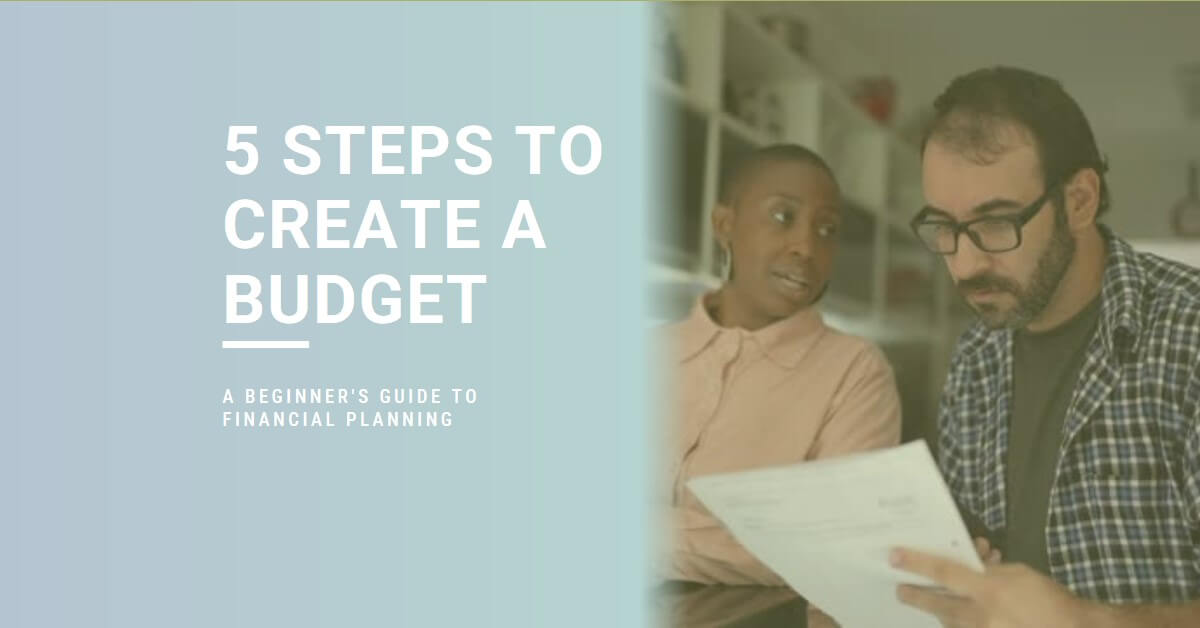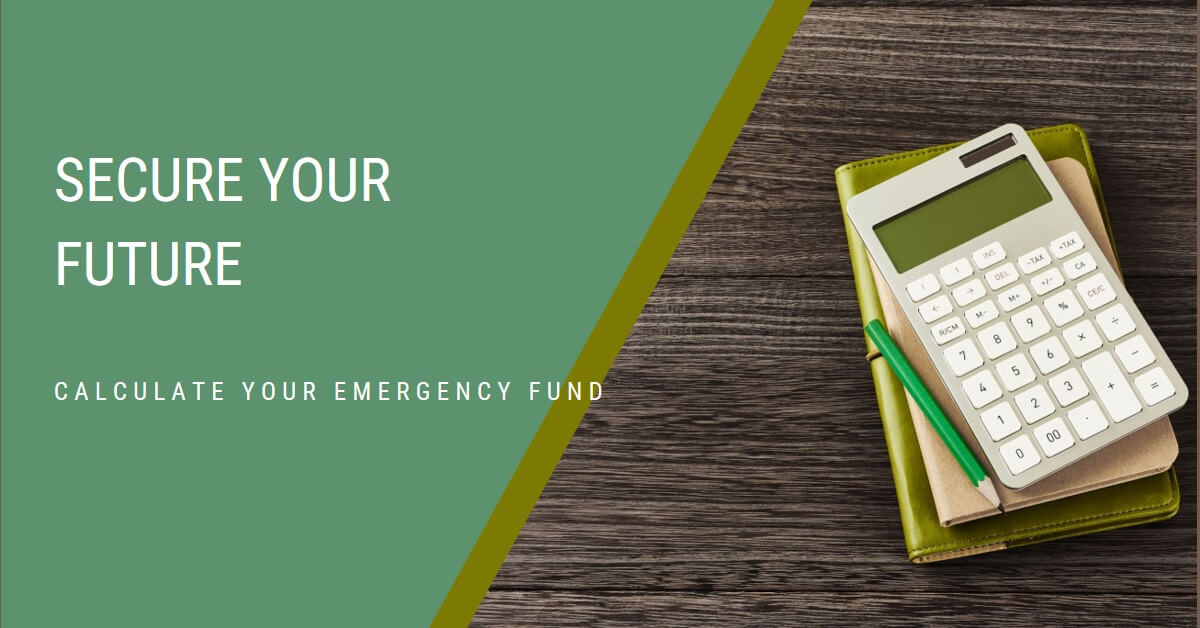
If you're like most people, saving money is probably one of your top financial goals. However, it can be challenging to keep track of your expenses and manage your finances effectively, especially if you have multiple financial commitments. Luckily, budget calculators can make the process a lot easier. In this guide, we'll explore the benefits of using a budget calculator, how to choose the right one for your needs, and the best strategies for maximizing your savings. Whether you're looking to save for an upcoming vacation, pay off debt, or build an emergency fund, a budget calculator can help you achieve your financial goals faster and more efficiently. So, let's dive in and learn how to take control of your finances and maximize your savings today!
What is a budget calculator?
A budget calculator is a tool that helps you manage your finances by calculating your income, expenses, and savings. It allows you to track your spending, set financial goals, and create a budget that works for you. With a budget calculator, you can easily see where your money is going and make adjustments to your spending habits to maximize your savings.
Budget calculators come in many different forms, including online calculators, mobile apps, spreadsheets, and software programs. Some are free, while others require a subscription or a one-time purchase fee. No matter which type of budget calculator you choose, the key is to find one that is easy to use and provides the features you need to manage your finances effectively.
Benefits of using a budget calculator
Using a budget calculator has many benefits, including:
1. Helps you save money
A budget calculator helps you keep track of your expenses and identify areas where you can cut back. By setting financial goals and creating a budget, you can save money for emergencies, vacations, or other long-term goals.
2. Keeps you organized
With a budget calculator, you can easily see where your money is going and stay on top of your finances. You can track your spending and income, set reminders for bill payments, and monitor your progress towards your financial goals.
3. Reduces stress
Managing your finances can be stressful, especially if you're living paycheck to paycheck or have a lot of debt. A budget calculator can help you feel more in control of your finances and reduce stress by providing a clear picture of your financial situation.
4. Improves your credit score
By managing your finances effectively with a budget calculator, you can improve your credit score. Paying your bills on time, reducing your debt, and having a solid financial plan are all factors that can positively impact your credit score.
How to choose the right budget calculator for you
Choosing the right budget calculator depends on your personal preferences and financial goals. Here are some factors to consider when selecting a budget calculator:
1. Type of calculator
There are many different types of budget calculators, including online calculators, mobile apps, spreadsheets, and software programs. Choose a calculator that fits your lifestyle and is easy for you to use.
2. Features
Look for a budget calculator that has the features you need to manage your finances effectively. For example, if you have multiple income sources, you may want a calculator that allows you to enter and track all of your income. If you need to manage multiple budgets for future planning, choose the one which allows you to create multiple budgets.
3. Cost
Some budget calculators like My Budget App are free, while others require a subscription or one-time purchase fee. Consider how much you're willing to spend on a budget calculator and whether the cost is worth the features and benefits.
Understanding your income and expenses
Before you can create a budget, you need to understand your income and expenses. Start by calculating your monthly income, including your salary, bonuses, and any other sources of income. If you have irregular income, such as freelance work or commissions, estimate the total amount you expect to earn each month.
Next, make a list of all your monthly expenses, including fixed expenses like rent, mortgage payments, and car payments, and variable expenses like groceries, entertainment, and travel. Be sure to include any debt payments, such as credit card or student loan payments.
Tracking your spending
Once you have a clear picture of your income and expenses, it's time to start tracking your spending. You can use a budget calculator or a spreadsheet to track your expenses, or you can use a mobile app that automatically categorizes your expenses.
Start by tracking your spending for a month or two to get a sense of where your money is going. Look for areas where you can cut back, such as eating out less or cancelling subscription services you're not using.
Setting financial goals
Setting financial goals is an important part of managing your finances effectively. Whether you're saving for a down payment on a house, paying off debt, or building an emergency fund, having a clear goal in mind can help you stay on track.
When setting financial goals, be specific and realistic. For example, if you want to save for a down payment on a house, determine how much you need to save and by when. Then, create a plan to achieve that goal, such as setting aside a certain amount of money from each paycheck.
Creating a budget
Once you have a clear understanding of your income, expenses, and financial goals, it's time to create a budget. Start by allocating your income to your expenses, making sure to prioritize fixed expenses like rent and debt payments.
Next, allocate money towards your financial goals, such as saving for a vacation or paying off debt. Be sure to leave some money for discretionary spending, such as entertainment or eating out.
Tips for sticking to your budget
Creating a budget is one thing, but sticking to it can be a challenge. Here are some tips for staying on track:
1. Automate bill payments
Set up automatic payments for bills and debt payments to ensure that you never miss a payment.
2. Use cash for discretionary spending
Using cash for discretionary spendings, such as entertainment or eating out, can help you stay within your budget.
3. Review your budget regularly
Review your budget regularly to make sure you're staying on track and adjust your spending as needed.
4. Stay motivated
Stay motivated by tracking your progress towards your financial goals and rewarding yourself when you reach milestones.
Using a budget calculator for long-term financial planning
A budget calculator can also be a valuable tool for long-term financial planning. By tracking your income, expenses, and savings over time, you can identify trends and make adjustments to your financial plan as needed.
For example, if you notice that your expenses are increasing faster than your income, you may need to make changes to your budget to avoid going into debt. Or, if you're consistently saving more than you need for your short-term goals, you can adjust your budget to allocate more money towards long-term goals, such as retirement.
Conclusion
Managing your finances can be a challenge, but using a budget calculator can make the process a lot easier. By understanding your income and expenses, setting financial goals, and creating a budget, you can maximize your savings and achieve your financial goals more efficiently. Whether you're using an online calculator, mobile app, or spreadsheet, be sure to choose a tool that fits your needs and is easy for you to use. With the right budget calculator and the right strategies, you can take control of your finances and achieve financial freedom.


